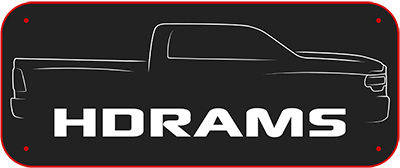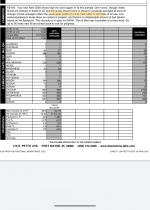Actually that's incorrect. The lifter failure is caused by the needle bearings seizing up, which means varnish/gunk/deposits in the very finicky bearings, or just a plain bad part. To mitigate that, definitely change at 5000 to 7000 depending on usage, and run a high quality synthetic (I run Redline 5w-30, Mobil 1 0w-40, and/or HPL 0w-30). The trick there high amounts of moly, and some esters in the oil as a strong detergent.
Idling does nothing for lifter failure. There are many failures where all the other lifters in the same engine are in perfect condition even though they were subject to the same idling. We also have many trucks that are idling for hours at a time (Truck Central on YT) accumulating a couple thousand idle hours and no failures whatsoever, even on just plain synthetic oil. The idling myth came about due to higher than average failiure in cop/taxi cars, but correlation is not causation; a more probable correlation is poor oil maintenance as these cars are subject to severe duty and need their oil changed every 320 hours (once a month if run 12 hours/day) according to the service manual and I'm sure very few cop cars are getting that kind of treatment.
And if you're working your hemi hard, you want 5w-30 or 0w-40 etc, something nice and thick, stay away from the 20 weights as they are too thin for high temperatures and will shear down too quickly. The 20 weights are only there for CAFE reasons. You can probably get away with 20 weight in a 5.7 if your truck is just on grocery duty, but you should never run that water in a truck that works and gets hot.

